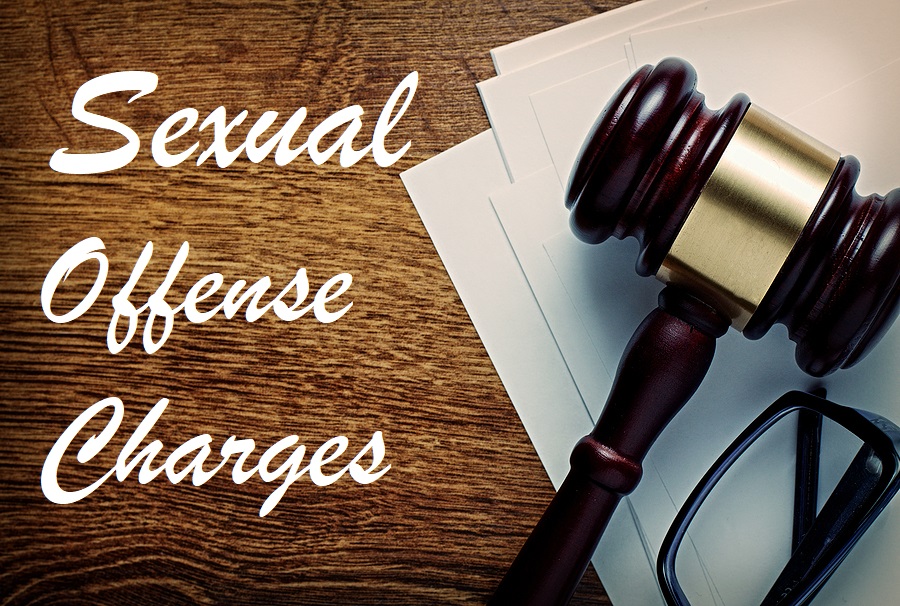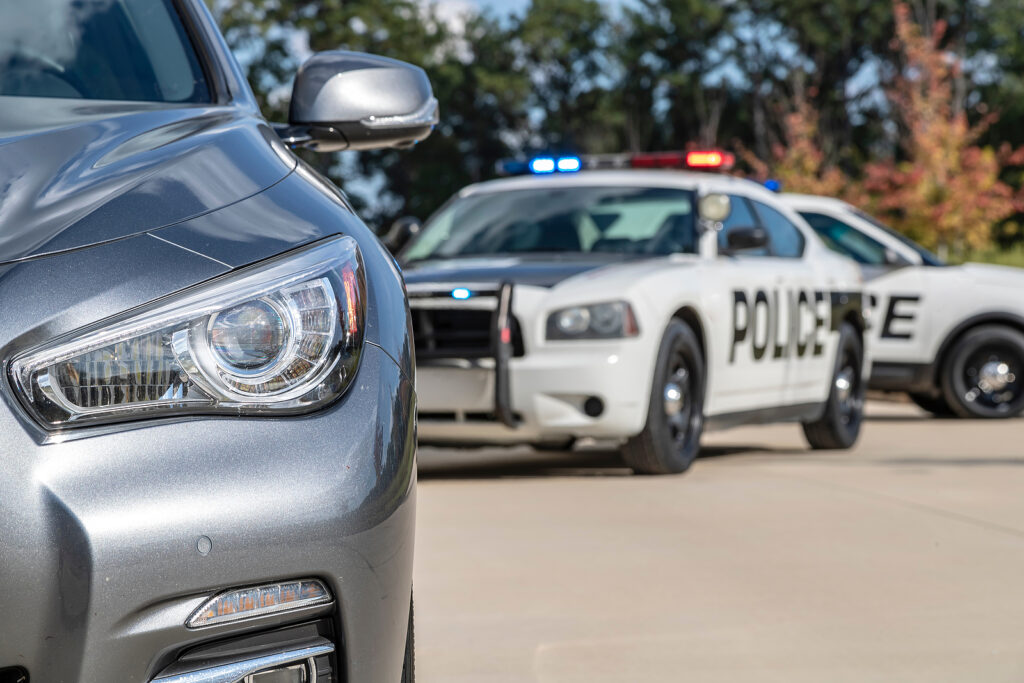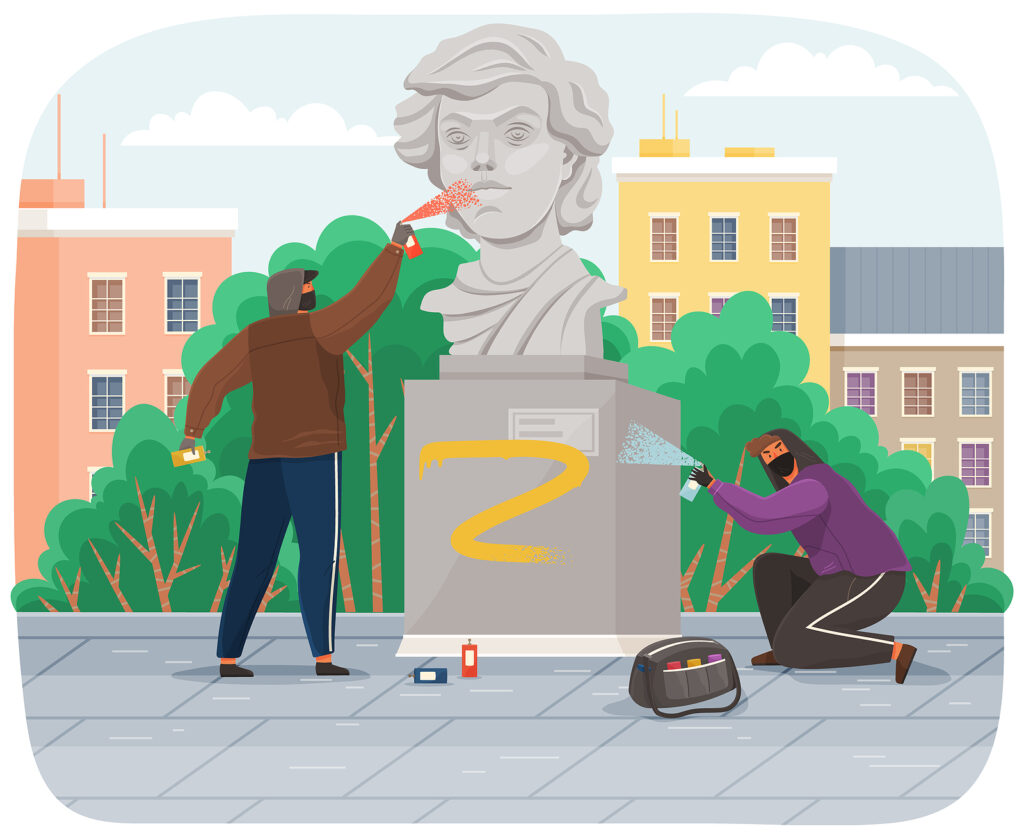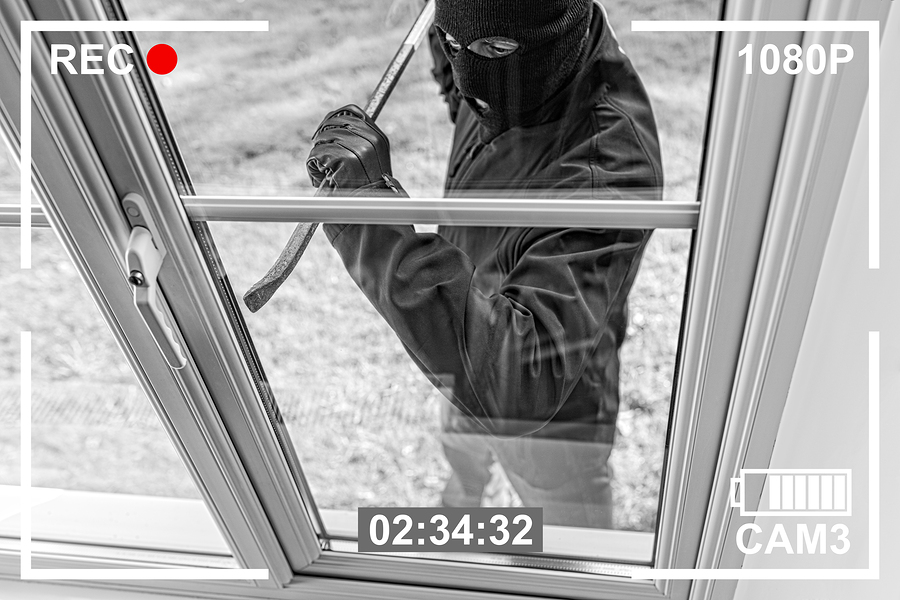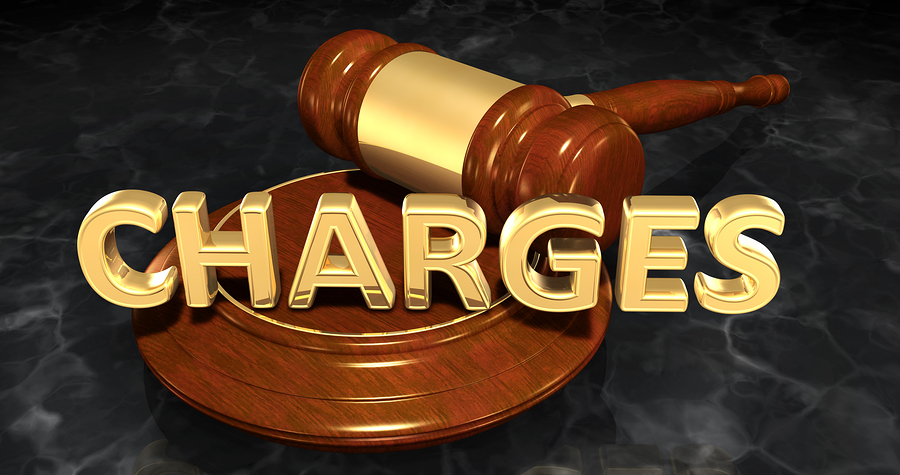Being accused of child abuse in Indiana is among the gravest legal predicaments one can face. Not only does it carry a significant emotional burden, but the legislative framework and societal scrutiny are particularly harsh. In the complex and sensitive arena surrounding child welfare, navigating the legal landscape alone, or with inadequate legal support, can significantly jeopardize the accused person’s rights and future.
This post explores why a qualified legal defense is crucial for individuals facing child abuse charges in Indiana and how such legal representation can offer a path toward justice and fairness.
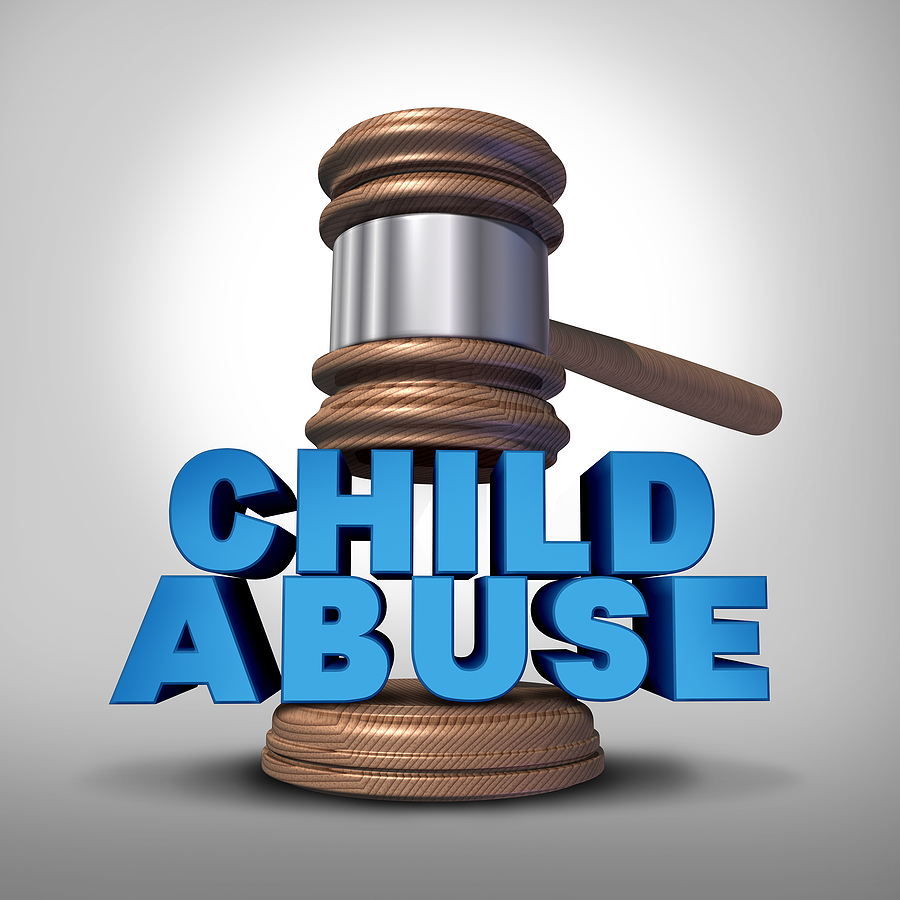
The Gravity of Child Abuse Allegations
The Social and Reputational Fallout
Child abuse cases involve allegations that can lead to immediate social isolation and grave damage to reputations. Strains of such accusations can permeate the core of a community, on both a personal and professional level, often leading to ostracism and an almost permanent mark on the individual’s character, regardless of the verdict or outcome.
The Emotional Toll
The emotional burden is equally daunting. Accusations of harming a child can elicit intense anger, fear, and despair in an individual who may have never fathomed being entangled in such allegations. The pressure and emotional turmoil extend to loved ones and family members, who also bear the weight of the legal ordeal.
Understanding Child Abuse Laws in Indiana
The Broad Spectrum of Child Abuse
Indiana law casts a wide net in defining child abuse, encompassing not only physical injury but also emotional or psychological abuse, exploitation, and neglect. These laws aim to be comprehensive, but they also require a delicate and nuanced approach in their application, as the line between discipline and abuse can be contentious and context-specific.
Penalties and Consequences
Common child abuse convictions include child abuse, child exploitation, child neglect, and child molestation. Convictions for child abuse in Indiana are met with severe penalties, ranging from substantial fines to lengthy imprisonment. The state’s commitment to child welfare reflects in its rigorous sentencing guidelines, leaving little room for leniency in the absence of a skilled legal defense.
The Role of a Qualified Legal Defense
Navigating the Complexity of Child Abuse Cases
Child abuse cases are notoriously complex, often mixed with emotional testimony and investigatory biases. A defense attorney’s role in such instances is not only to advocate for their client but also to dissect the evidence, question the process, and ensure that every legal safeguard is upheld without falter.
Ensuring Fair Treatment and Rights Protection
In the face of the heavy caseloads and fervor to protect children, the rights of the accused can be inadvertently obscured. A skilled lawyer’s presence is paramount in asserting the defendant’s right to a fair trial, regardless of the alleged crime. Through due process and the rigorous defense of rights, a qualified attorney serves to balance the legal scales.
The Path Towards Justice and Fairness
Building a Comprehensive Defense Strategy
Effective defense against child abuse charges demands a meticulous approach to gathering evidence, estimating the credibility of testimonies, and, where possible, offering compelling alternative narratives that advocate for the innocence of the accused.
Expertise in Child Psychology and Testimony
Incorporating the expertise of professionals, such as child psychologists, can bolster a defense strategy, especially in the analysis of child testimonies and in revealing the nuances of child psychology that often dissect adult assumptions and interpretations.
How to Protect Your Rights
Being accused of child abuse is a daunting experience. However, it is imperative to remember that securing timely and skilled legal representation is not only a right but a strategic move that can shift the course of the legal process significantly in favor of the accused. If you or someone you know is facing child abuse charges in Indiana, obtaining qualified legal defense is the first step toward a defense that is thorough, fair, and committed to securing the best possible outcome.
Are you currently facing criminal charges for crimes against a child? Contact Attorney David E. Lewis at 317-636-7514 to speak with a seasoned criminal defense lawyer about child abuse charges in Indianapolis, Indiana. Our law firm will get you the best possible outcome to your criminal case!
Related Posts:
Can a Child Be a Witness in a Criminal Case?
Advice for Parents Whose Kids Drive Drunk
What to Do if You Were Falsely Accused of Domestic Violence

